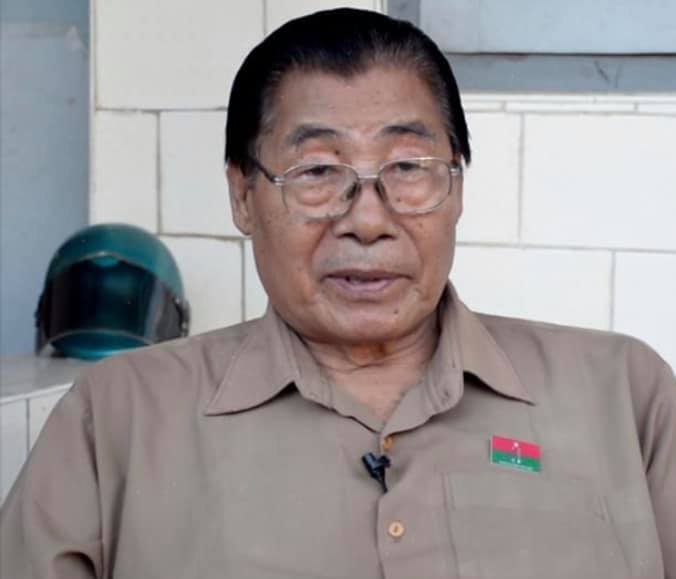The current unilateral ceasefire does not cover Rakhine State.

Officials in the Kachin Independence Organization (KIO) and Kachin politicians have said that the Burma Army should declare a unilateral ceasefire nationwide rather than in only five command regions, in the interest of moving the peace process forward.
The Office of the Commander-in-Chief reported on June 30 that it would extend a unilateral ceasefire until August 31. The ceasefire was originally declared in December 2018 and lasted until April. It was first extended through June.
“Declaring a ceasefire is really good. It’s much better if the army declares a ceasefire nationwide including in Rakhine State,” Col Nhpang Naw Bu, who is in charge of the KIO’s information department, told KNG. “Currently, their announcement only covers five military command regions; it’s not nationwide.”
Dr. Manam Tu Ja, who works with the Kachin State People’s Party (KSPP), said that there were two peace talks held in the last six months during the unilateral ceasefire but that no tangible results came from the meetings. He remained hopeful that the two-month extension to the ceasefire might yield better outcomes.
“We have seen improvement in this period. It’s important to avoid clashes. If clashes occur, people suffer a lot,” Dr. Manam Tu Ja told KNG.
While the Kachin Independence Army (KIA) has not clashed with the Burma Army in Kachin State during the unilateral ceasefire period, they have clashed with them frequently in northern Shan State.
The KIO/A the Myanmar National Democratic Alliance Army, the Ta’ang National Liberation Army, and the Arakan Army—which are members of the Northern Alliance of ethnic armed organizations—have been negotiating with the government toward the signing of a bilateral ceasefire.
The Burmese government’s Peace Commission and the Northern Alliance agreed to meet in mid-July, during an informal meeting held in Mongla, Shan State, on June 30.
